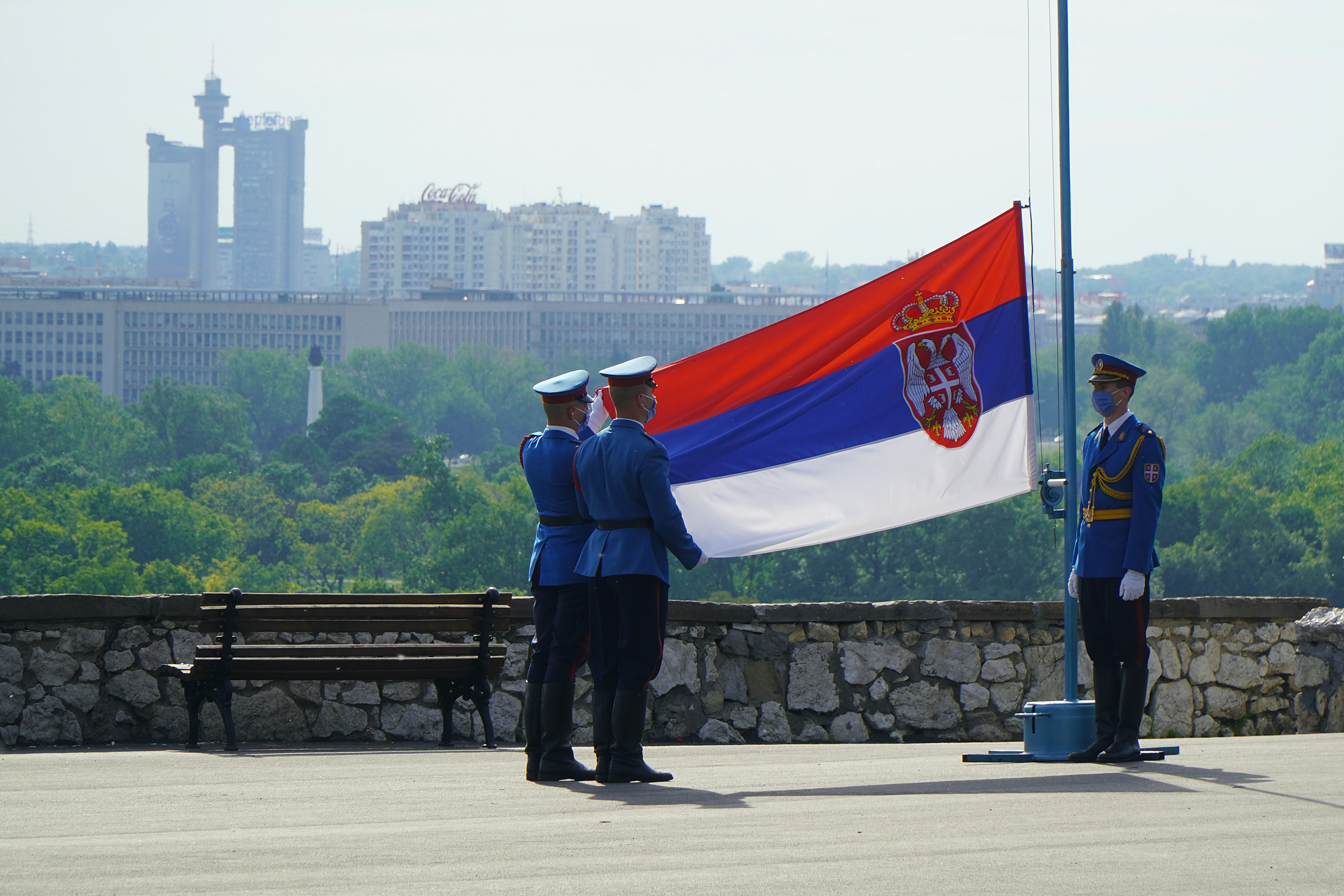Erosion Of Control: Growing Protests And Fractured Alliances

Serbian President Aleksandar Vučić is facing a critical juncture in his political career. A confluence of sustained public protests and visible fractures within his ruling coalition has begun to undermine the stability of his administration. Once considered the unchallenged center of Serbian political life, Vučić now faces growing resistance not only in the streets but within his own power base—raising questions about his ability to maintain control.
Protest Movements Gain Momentum
The most visible threat to Vučić’s authority is the revival of large-scale street protests across Serbia. Initially sparked by public outrage over the government’s handling of corruption scandals and declining media freedom, the demonstrations have since broadened into a more general challenge to Vučić’s rule.
Tens of thousands of citizens, including students, trade unions, academics, and civil rights groups, have mobilized in Belgrade and regional cities. Protesters are demanding systemic reforms: fair electoral processes, judicial independence, unfiltered media access, and accountability for political violence. While these protests are still loosely organized, their persistence over weeks has signaled deep-rooted dissatisfaction.
A recurring theme among demonstrators is a call for Vučić’s resignation or, at the very least, a substantial reduction in presidential power. The growing intensity of civic mobilization—now beyond episodic anger and shifting toward sustained resistance—marks a turning point in Serbia’s domestic political environment.
Shifts Within the Ruling Party and Coalition
Internal tensions are also surfacing within Vučić’s Serbian Progressive Party (SNS), which has ruled for over a decade with an increasingly centralized decision-making structure. Several mid-level officials have expressed discontent with the president’s confrontational style and the political cost of sustained unrest. Although few have gone public, sources close to the party suggest that frustrations are mounting behind the scenes.
Vučić’s broader ruling coalition—composed of smaller nationalist and minority parties—has also shown signs of strain. Some allies are distancing themselves from controversial legislative pushes, particularly around media control and law enforcement powers. Others are quietly signaling reluctance to continue supporting Vučić if public dissatisfaction grows further. This erosion of consensus threatens the cohesion of his parliamentary majority and complicates legislative efforts.
More critically, these internal rifts may begin to affect Vučić’s control over key institutions, including the judiciary and state security services. Any weakening of institutional loyalty could limit his ability to manage crises or suppress dissent effectively.
Media and Civil Society Resistance
Independent media outlets, long marginalized by the state, have played an increasingly prominent role in the current wave of dissent. Journalists and online platforms are aggressively reporting on protests, corruption cases, and government missteps—often facing threats and regulatory pressure in return. Their efforts have helped bypass state-controlled narratives and bring public scrutiny to previously underreported issues.
Civil society organizations are also regaining visibility. Legal advocacy groups have filed formal challenges to several government actions, while NGOs are coordinating monitoring of police conduct during demonstrations. International watchdogs and human rights bodies have echoed concerns about democratic backsliding, increasing external visibility of Serbia’s internal tensions.
Political Risks and Future Scenarios
In the short term, Vučić’s government risks policy paralysis. Cabinet reshuffles, emergency legal maneuvers, or even snap elections could be deployed to defuse opposition. However, such moves may backfire if perceived as manipulative or insincere.
Long-term, the current environment may catalyze the emergence of a more structured opposition. While Serbia’s opposition parties remain fragmented, the street-level momentum and growing disaffection within the ruling coalition could provide the foundation for a viable political alternative. Whether this develops into a coordinated electoral threat remains uncertain, but the potential is now visible.
International actors are also watching closely. The European Union has expressed concern over democratic standards and rule of law in Serbia, and Washington has called for restraint and dialogue. Any further escalation could trigger diplomatic consequences or shift Serbia’s EU accession trajectory.
Conclusion
Aleksandar Vučić, once the undisputed arbiter of Serbian politics, is navigating increasingly unstable ground. Protests on the streets and fractures within his ruling structure suggest that the foundations of his authority are beginning to erode. While he retains considerable institutional control, the current wave of unrest may mark the beginning of a more contested political future. The coming months will test his ability to adapt—or risk losing control altogether.
Author: Ricardo Goulart
The Self-Destructive Nature Of Anti-Tourism Protests: Balancing Resident Concerns With Tourism Benefits
In recent years, anti-tourism protests have become increasingly common across popular tourist destinations. From the Bal... Read more
Military And Strategic Implications Of The Ukrainian Drone Attack In Kursk
On a recent morning, the Kursk region in south-western Russia witnessed an unexpected and significant event: a Ukrainian... Read more
Chinese Tech Stocks Gain Ground Despite Wall Street Technology Sell-Off
Chinese tech shares in Hong Kong gained on Friday, defying a technology stock sell-off on Wall Street, driven by strong ... Read more
Defense Pact Between Britain And Germany: A Focus On Cybersecurity And Joint Operations
In a move set to redefine European defense collaboration, Britain and Germany have signed a comprehensive defense pact a... Read more
US Secret Service Director Steps Down After Trump Assassination Attempt
Security lapses admitted by Kimberly Cheatle prompt resignation.Kimberly Cheatle, the head of the US Secret Service, has... Read more
Kamala Harris Promises A Brighter Future In Official Campaign Launch
In a vibrant and impassioned campaign launch, Vice President Kamala Harris vowed to lead America toward a "brighter futu... Read more

